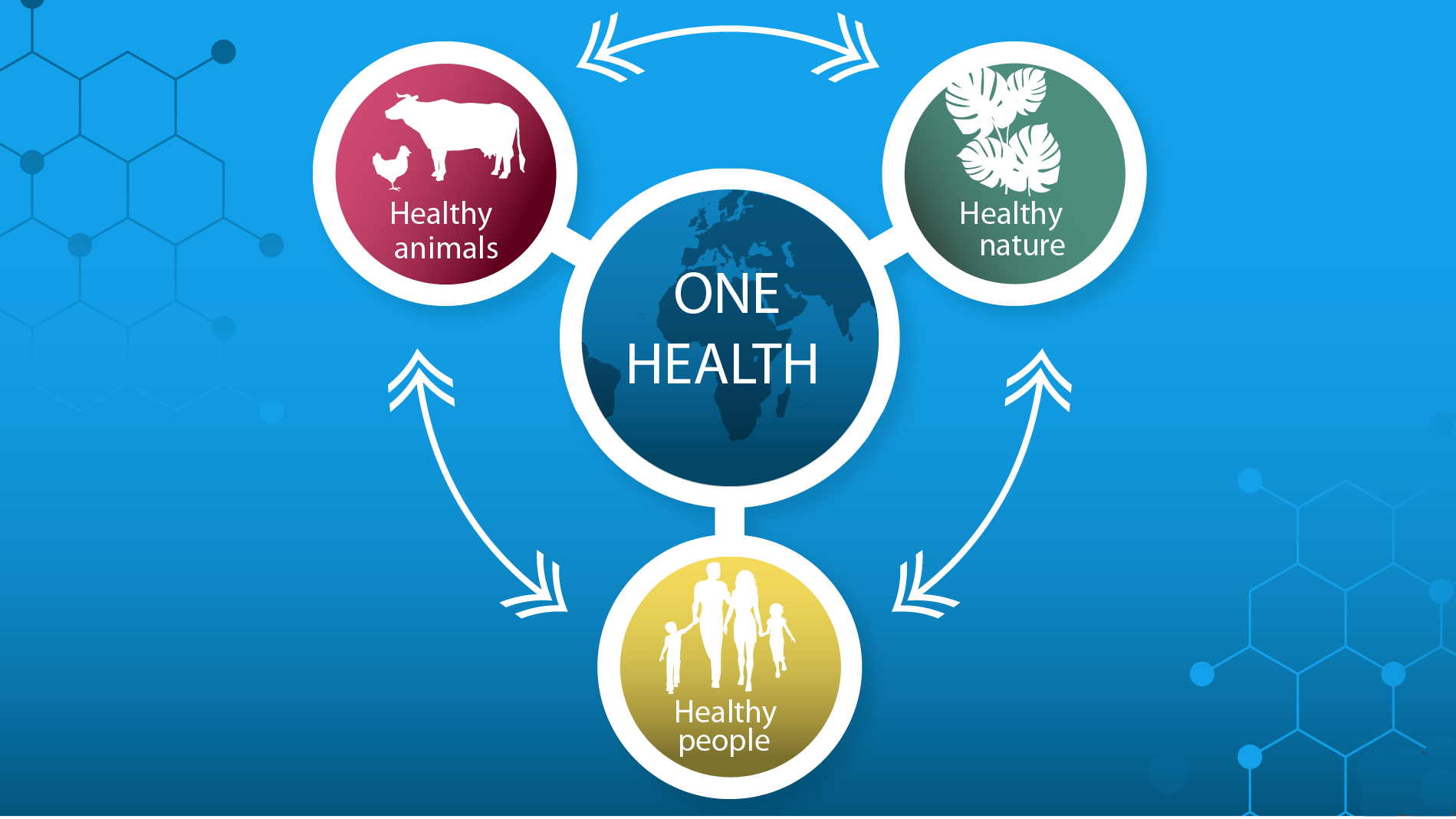Infectious diseases pose a threat for people and animals. They are a particular threat for people living in low- and middle-income countries.
An example of this is the group of neglected tropical diseases (NTDs). Most of these infectious diseases can lead to death or chronic health issues and disabilities if left untreated. NTDs are not as well known as the “big four”, AIDS, tuberculosis, malaria and hepatitis, although they affect roughly one billion people – mainly people who are poor and without resources.
Deficits in health care provision and hygiene practices – for example in regard to food, drinking water and slaughter waste – particularly encourage the spread of NTDs. In order to effectively prevent and fight NTDs, it is necessary to follow a One Health approach that takes account of the interfaces between humans and the organisms that transmit the diseases (so-called vectors such as mosquitoes or ticks), and ecosystems (for example swamps and lakes), food products, drinking water and climate.




